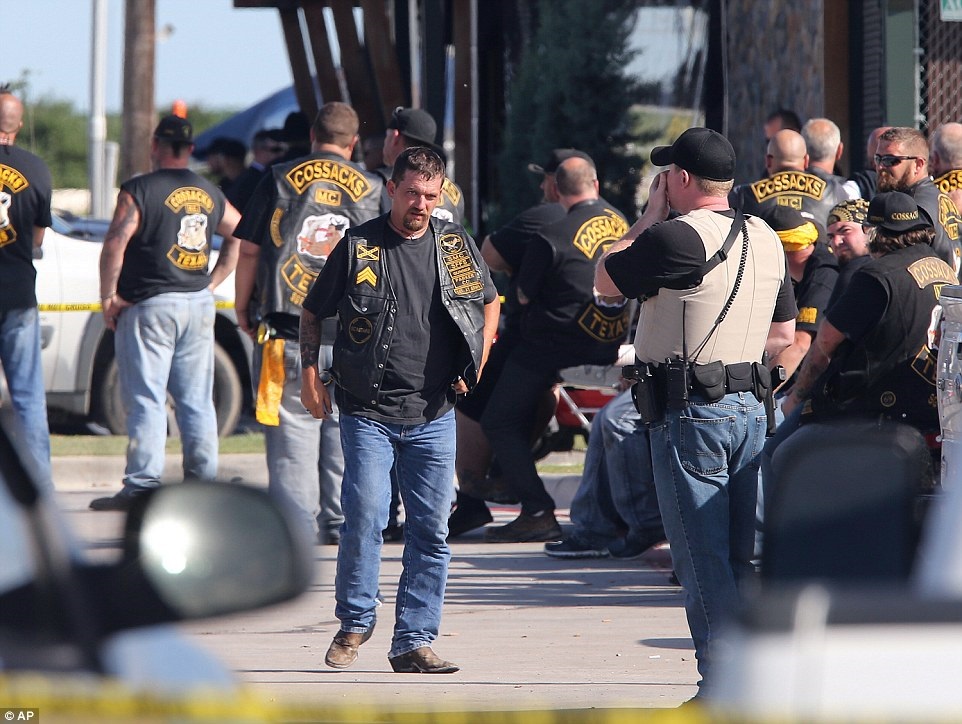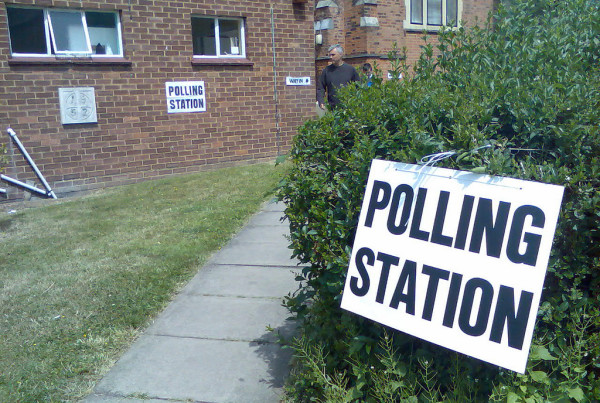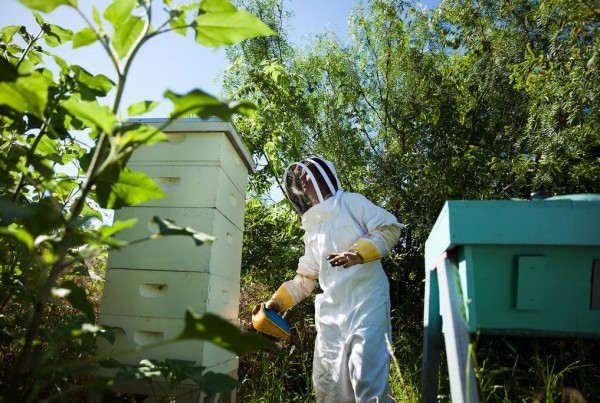Just yesterday, one of our listeners wrote in to ask the latest updates following the biker shootout in Waco that left nine dead and 177 arrested. Given those high numbers, you’d think there might be a video of the incident somewhere; surveillance cameras, cell phone footage… something. We hear that there are videos but the public hasn’t been able to view them or learn anything about what’s in those videos because there’s a gag order.
And what about autopsy results? After three months, trials are finally being scheduled and autopsy reports were finally released this past Thursday but aside from showing that all nine were killed by gunshot wounds, mostly to the head and neck, there’s still no indication of who shot whom.
Tamara Tabo runs The Center for Legal Pedagogy at the Texas Southern School of Law in Houston, and she says there are still a lot of unknowns in the case.
“So far, everyone who was arrested has been charged with what is essentially a conspiracy offense under the Texas Penal Code,” Tabo says. “It’s a conspiracy to commit capital murder offense that is particular to gang members [who] engage in organized criminal activity, so it carries with it sort of extra penalties under Texas law.”
But Tabo is quick to point out that these charges don’t mean anyone has been charged with murder. “Indeed, strangely enough, the D.A. need not ever charge anyone with capital murder in order to secure convictions on the conspiracy to commit capital murder charges,” she says.
Another part of the Waco case that has people scratching their heads is how little information has been released about the deadly shootout. Tabo says that’s because there’s a gag order that’s been issued in this case. “Gag orders — or ‘protective orders’, as the court likes to call them — are supposed to be a rarity in not only Texas law, but under the United States Constitution,” she says. “Any time you have a gag order in place where the court says that people involved with the case are not allowed to discuss it with the media, that’s what we call a prior restraint on free speech.”
But Tabo says courts can make exceptions under certain circumstances and in those cases, gag orders don’t violate The First Amendment. “[But] the standard is supposed to be quite high,” she says.
Gag orders can have a wide range of restrictions; for example, there might be restraints on pretrial publicity in order to ensure that there’s no compromised jury pool — which is what we’re seeing in this case. “The real question here is whether or not this set of circumstances meets that standard,” Tabo says. “Currently, the gag order that was put in place by the District Judge Matt Johnson, it was appealed.”
After a series of back-and-forth legal proceedings, the gag order is now officially back in place. And with no videos released as-of-yet, it’s hard to tell what went on during that shootout back in May. But Tabo says that even without much information, she still has some concerns about how the case is being handled.
“I think the concern from the very first day has been that the authorities in Waco brought in under similar charges, similar bail conditions [and] similar treatment almost 200 individuals, and that is extraordinary in and of itself,” she says. “Everyone is being treated more or less the same…. There seems to be a very, very broad net that’s been cast here by the authorities and I think that’s a reason for concern.”
















